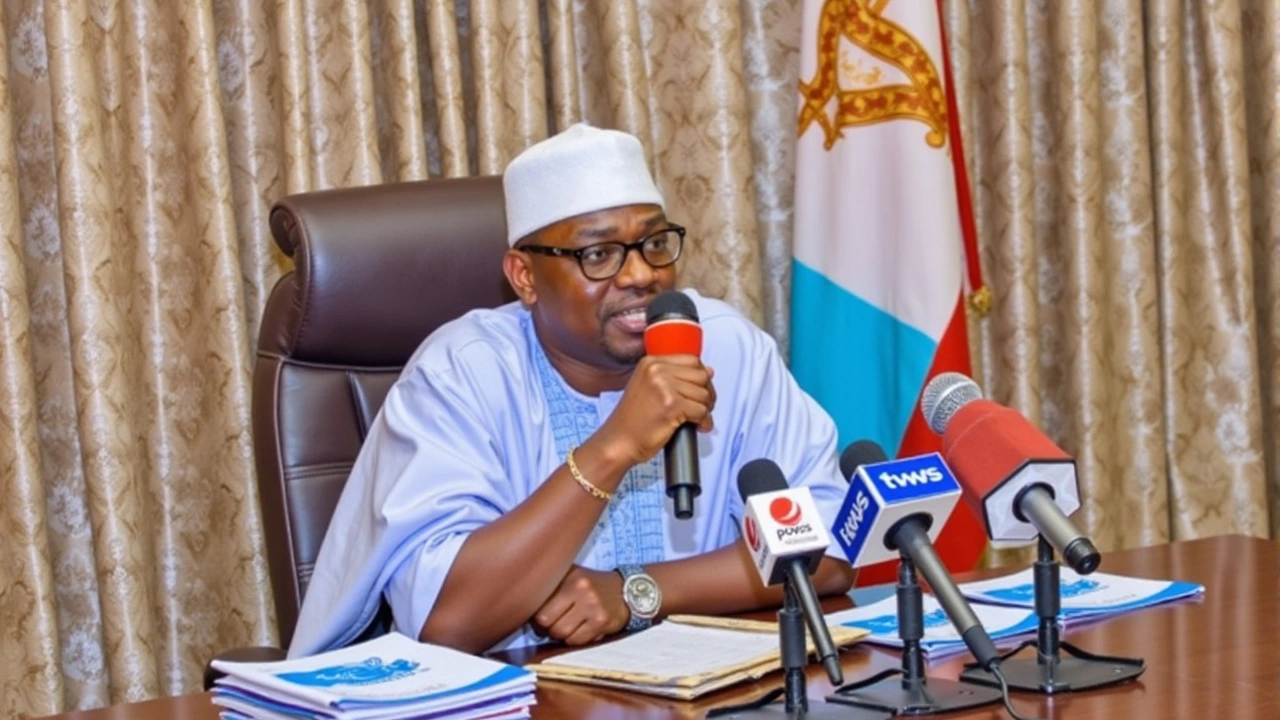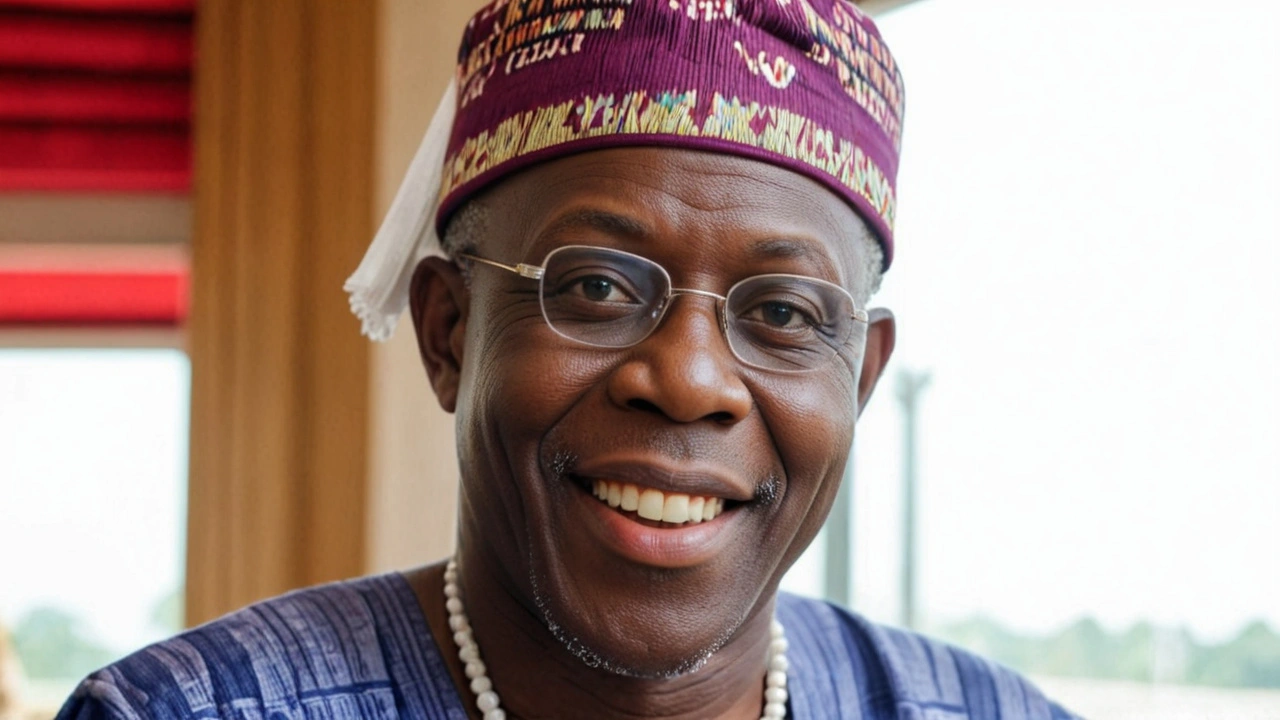Understanding Minimum Wage and Its Impact on Your Paycheck
Minimum wage is the lowest legal amount employers can pay workers for their labor. It’s set by governments to help ensure no one earns too little for full-time work. But it’s not just numbers on a page—it affects real people trying to make ends meet.
People relying on minimum wage often include young workers, part-timers, and those in entry-level jobs. The goal? To protect these workers from exploitation and provide a basic income level that covers essentials like food, shelter, and transportation.
Who Sets Minimum Wage and How?
Governments usually decide the minimum wage based on factors like cost of living, inflation, and economic conditions. Some places also adjust it regularly. Sometimes, the minimum wage rises because prices go up or living costs spike, aiming to keep incomes fair. However, debates pop up over how high it should be and the effect on jobs.
Why Minimum Wage Discussions Are Everywhere
The topic gets heated because it’s a balancing act. Supporters say raising minimum wage lifts people out of poverty and boosts spending, which helps the economy. Critics warn that too high a minimum can lead to employers hiring fewer workers or cutting hours. So governments try to find a sweet spot that helps workers without hurting businesses.
If you’re earning minimum wage or have family members who do, understanding these debates matters. It influences take-home pay, job opportunities, and overall economic health. Watching how these laws change can help you plan better or stand up for fair wages.
In many African countries and beyond, minimum wage policies differ widely, reflecting diverse economic realities. Whether you’re a worker, employer, or citizen, staying informed means you’ll better understand your rights and the bigger economic picture.
Simply put, minimum wage affects more than paychecks—it shapes communities and economies. So next time you hear ‘minimum wage’ in the news, remember it’s about fair pay and the everyday struggle of millions to live with dignity.

Niger State's Ambitious Minimum Wage Plans: Navigating the Push for ₦1 Million
Governor Mohammed Bago of Niger State has put forth a bold vision to establish a ₦1 million minimum wage for civil servants, though conflicting reports and prior statements suggest different targets. Current communications suggest an approved wage of ₦80,000, sparking discussion about the future of civil servant compensation and the financial strategies required to achieve such a significant increase.

Tinubu Engages Organised Labour on New Minimum Wage Deliberations
President Bola Tinubu will convene with organised labour leaders today to address the delays in implementing a new minimum wage for Nigerian workers. Discussions will focus on the proposed N62,000 minimum wage by the government and private sector, compared to the N250,000 demanded by labour. The meeting comes after Tinubu's Democracy Day pledge to fast-track the minimum wage bill. NLC President Joe Ajaero also voices concerns over pension arrears affecting retirees.
